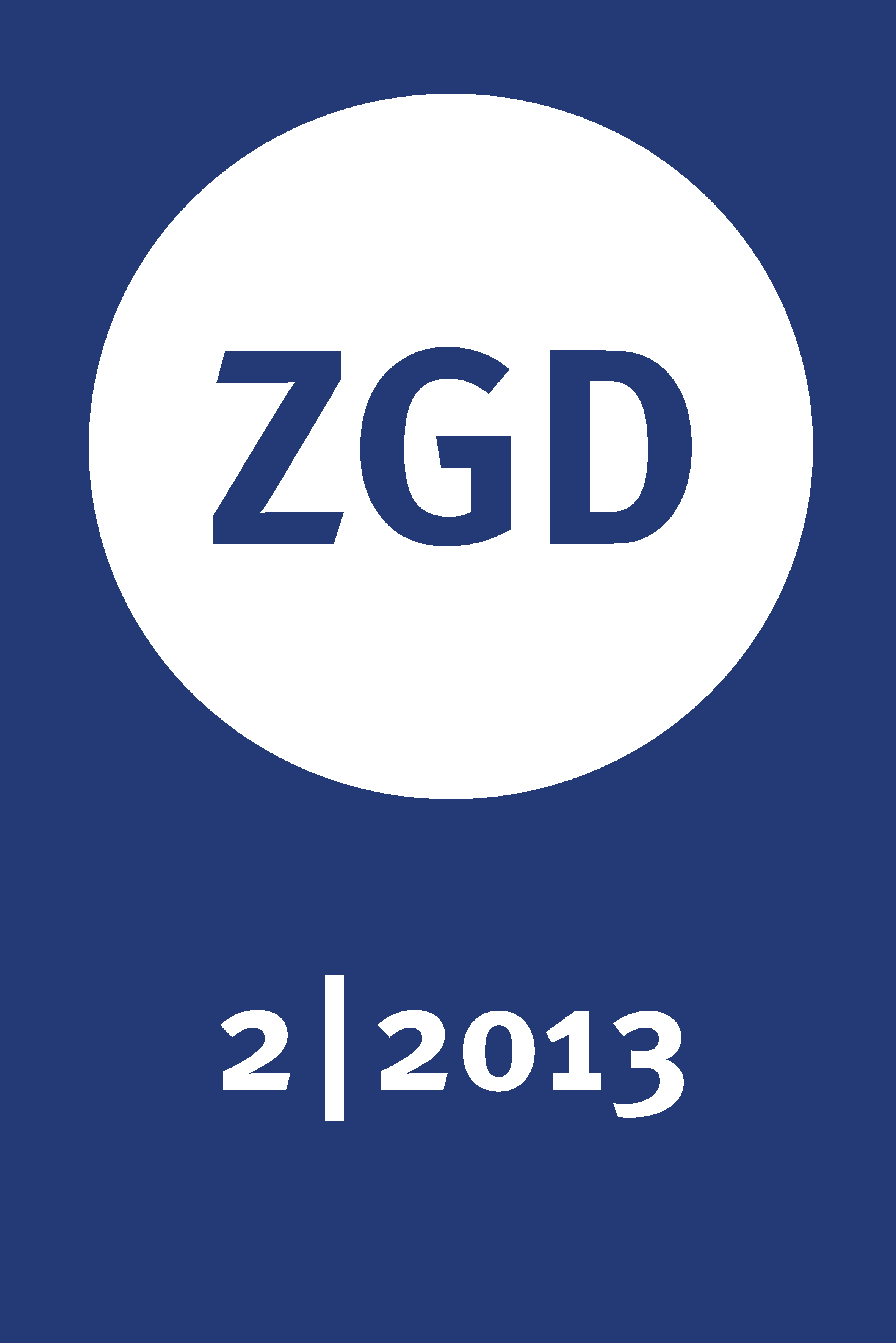Geography Teachers in Germany: An Empirical Study about Acquired and Required Competences
DOI:
https://doi.org/10.18452/24615Keywords:
Teacher training, teaching competences, geography education, theoretical knowledge, pedagogical skillsAbstract
Teacher training is increasingly becoming a subject of debate in Germany. Unlike in most other countries, the German system consists of two consecutive phases. In the first phase, the teacher-to-be acquires knowledge and skills at a university. This training includes general subject-specific content (e.g. geomorphology, economic geography) and general skills (e.g. statistics), which are not primarily condensed for school education purposes. To a lesser extent, teaching-specific geography skills are also taught (e.g. media, teaching strategies). The subsequent teacher trainee phase takes place in schools, with a part-time pedagogical training segment ("Studienseminar"). This aims to add practical teaching skills to the trainees' expertise. This two-stage education offers unique possibilities to assess distinctively the competences acquired and relate them to the required competences in the day-to-day work of teachers in schools. We draw on an empirical study that was conducted in summer 2011 in Germany which covered 179 randomly recruited teachers. The results suggest a considerable mismatch between acquired and required competences. While the first stage mainly provides theoretical knowledge barely used in school classes directly, it lacks sound pedagogical skills useful for transferring knowledge to the students. This lack of pedagogical skills cannot be compensated for by the subsequent practical training, leaving a gap in the highly relevant ability to learn how to teach complex content.
Downloads
Published
How to Cite
Issue
Section
License
Copyright (c) 2022 Journal of Geography Education

This work is licensed under a Creative Commons Attribution-NonCommercial-NoDerivatives 4.0 International License.







